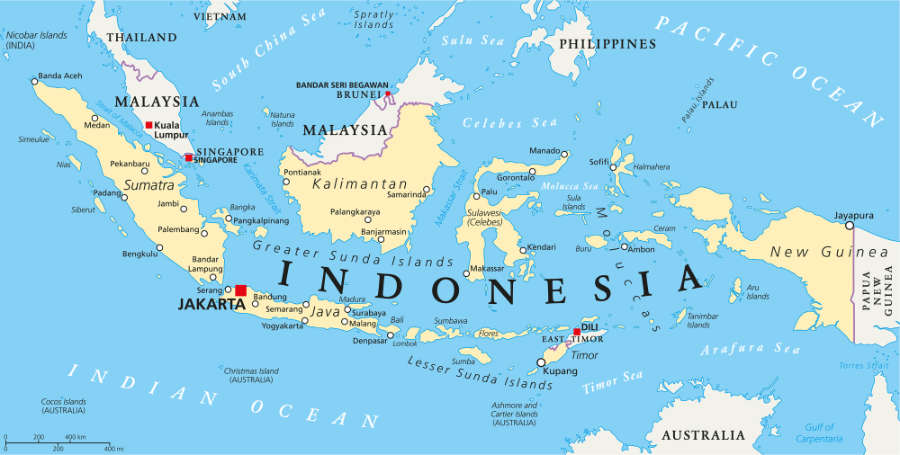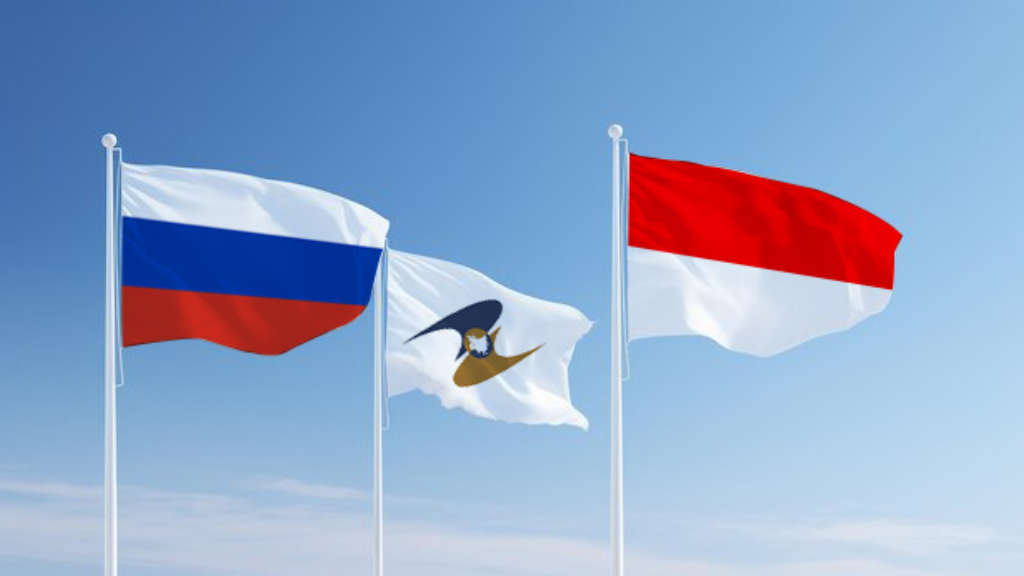The Russian Agroexport federal center has said that Russia aims to increase grain exports, primarily wheat, to Indonesia, and the free trade agreement between the Eurasian Economic Union (EAEU) and Indonesia, which will be signed at the end of 2025, will open up significant opportunities for this.
According to Agroexport, this year Russia exported around 123,000 tonnes of grain to Indonesia, worth US$29 million, although shipments ceased in January. However, Indonesia has now extended the accreditation of testing laboratories subordinate to Agroexport in August, making it possible to resume exports. In October, 52,000 tonnes of wheat were shipped.
Currently, wheat, soybeans, corn (including corn flour), and barley from Russia are approved for export to the Indonesian market. According to Agroexport, Russian grain exports to Indonesia for 2024 exceeded 1.3 million tonnes, valued at over US$310 million.
When the free trade agreement between the EAEU and Indonesia comes into force, a preferential tariff regime will be applied for grain exports from Russia, including a reduction of the duty on wheat from 5% to zero by one percentage point per year from the start of the agreement, Agroexport said, adding, “This is an important agreement for Russian suppliers, since Indonesia is the largest grain importer in Southeast Asia. Obtaining a zero duty when exporting wheat to the Indonesian market would be a great support.”
The complete FTA will see 93% of all bilaterally traded goods between Russia and Indonesia be reduced to zero.
Russia-Indonesia bilateral trade has been increasing and rose from US$3.3 billion in 2021 to US$4 billion in 2024. Russian tourism to the country is increasing, while several Russian manufacturers, including Kamaz, are operational in Indonesia. Another example is Softline, a prominent, Moscow-based, publicly traded IT developer, which has opened a new office in Indonesia to promote its products and services, in addition to providing vendor solutions. It sees its expert knowledge as a good match for the development potential in Indonesia, which has one of Southeast Asia’s largest online consumer markets.

The overall bilateral trade dynamics are highly positive, and especially so with the EAEU Free Trade Agreement coming into effect. Businesses from within Russia and the EAEU should be conducting market research activities to establish what products can be sold to this important consumer market.
A business mission to Indonesia by the Russian Union of Grain Exporters begins on October 17, during which “cooperation between Russia and Indonesia will be discussed, primarily on increasing supplies of grain and pulses.”
Further Reading
Continue Reading





 Русский
Русский










